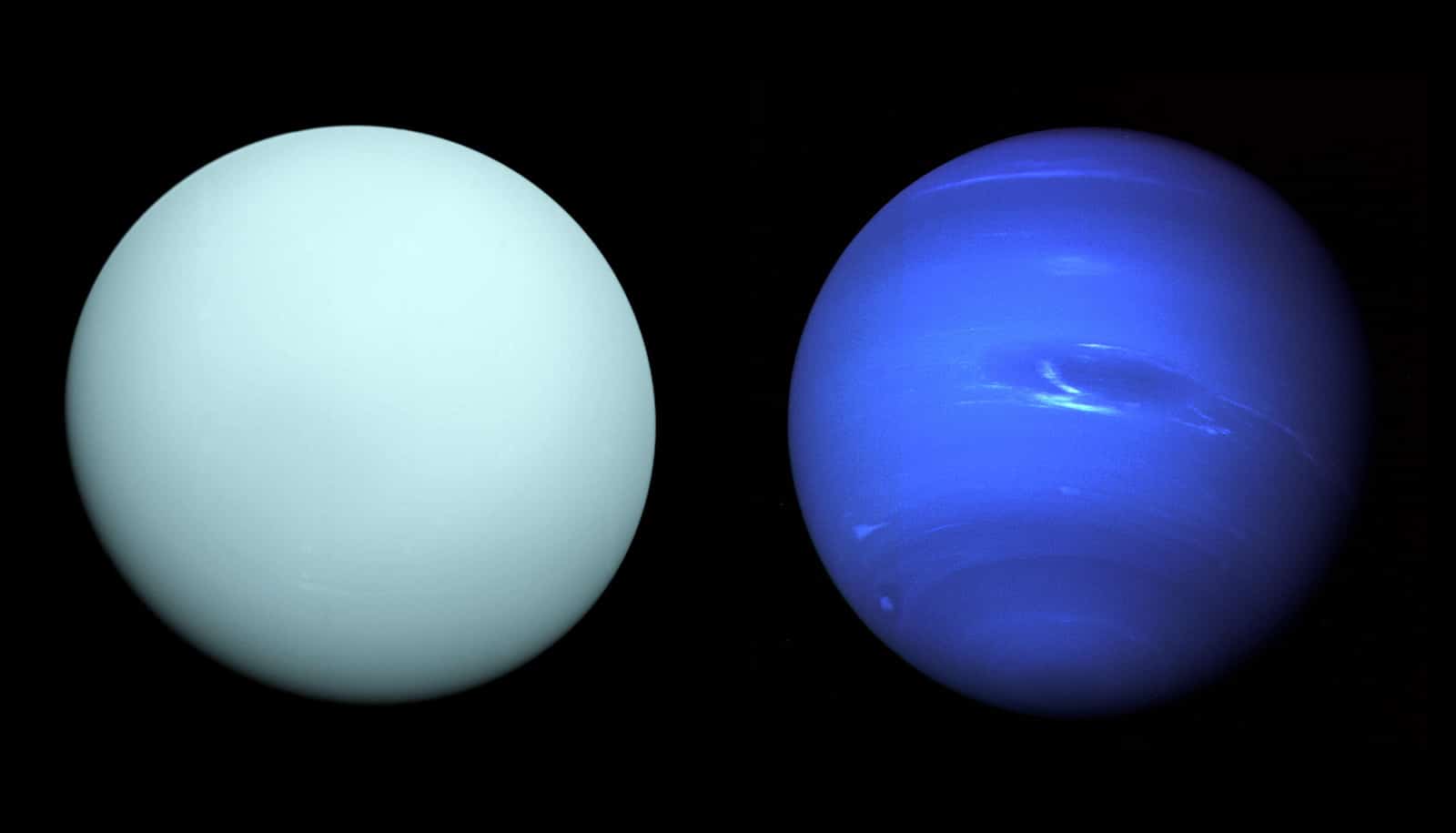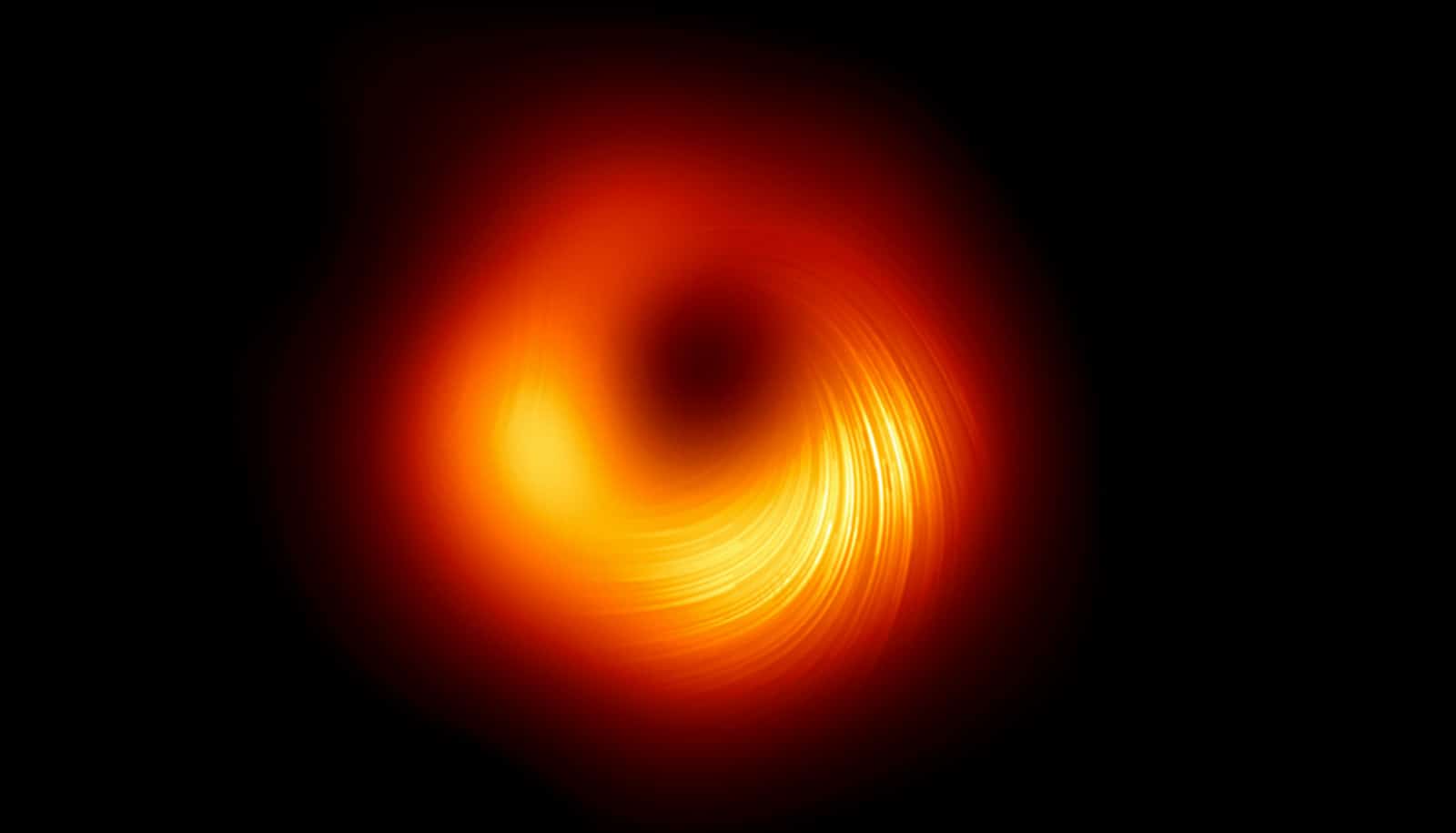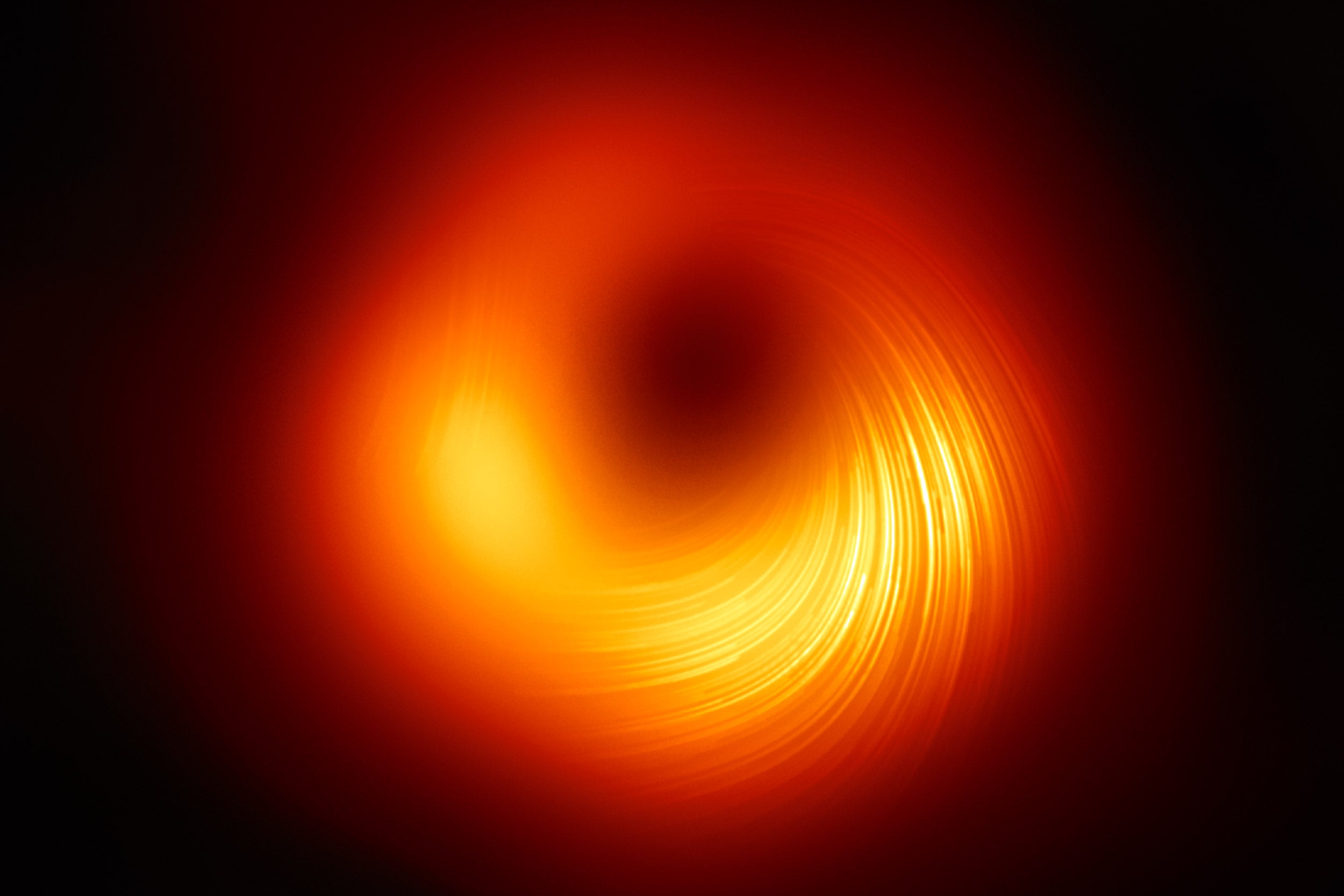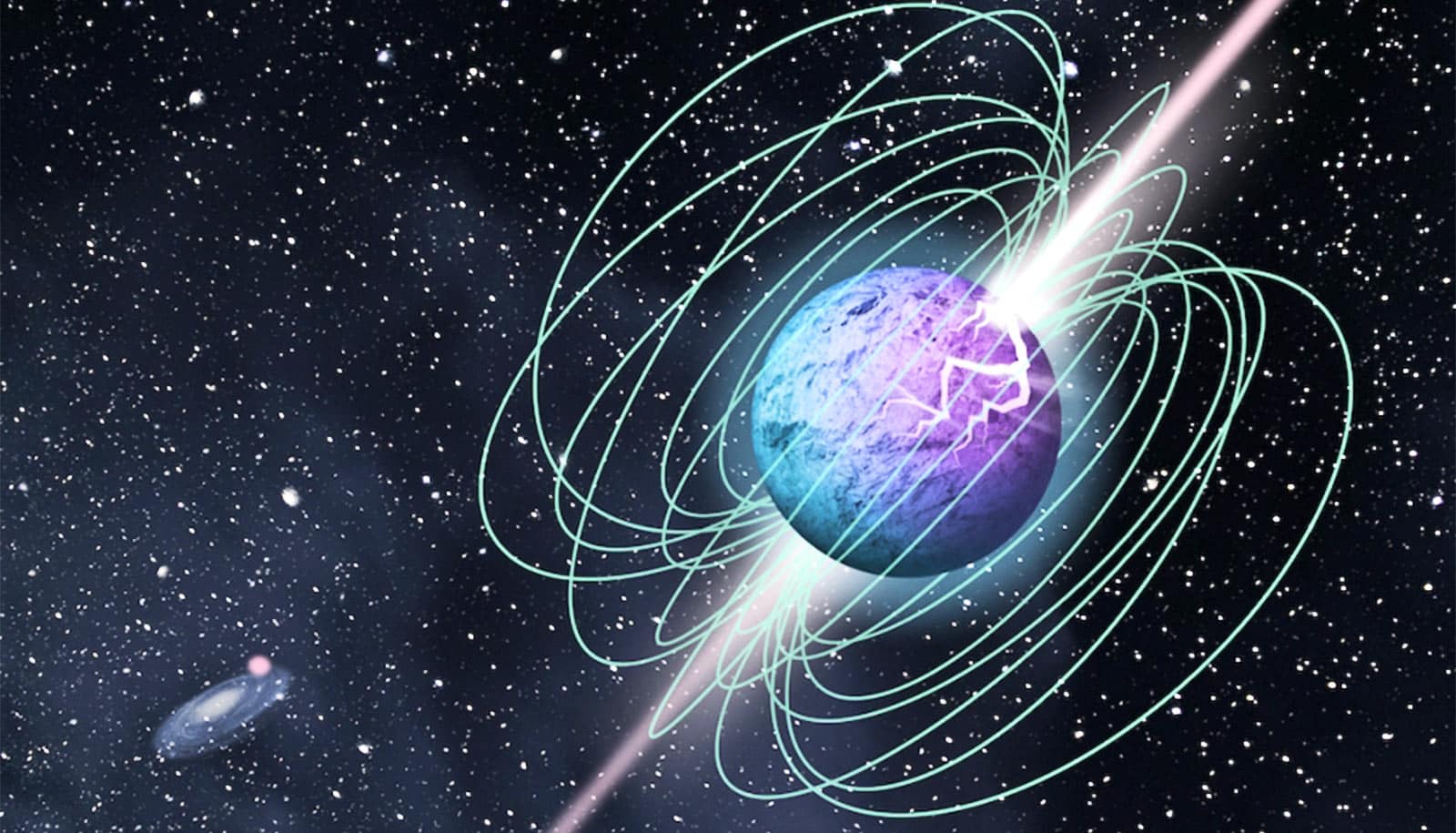Magnetic induction cooking can cut your kitchen's carbon footprint
Shifting from fossil fuels to electricity is climate-friendly, but serious cooks don't think much of electric stoves. Will induction cooking finally catch on as an alternative?
Kenneth McLeod, Professor of Systems Science, and Director, Clinical Science and Engineering Research Laboratory, Binghamton University, State University of New York •
conversation
Dec. 23, 2020 • ~9 min
Dec. 23, 2020 • ~9 min
Magnetism of Himalayan rocks reveals the mountains' complex tectonic history
Earth's magnetic field locks information into lava as it cools into rock. Millions of years later, scientists can decipher this magnetic data to build geologic timelines and maps.
Craig Robert Martin, Ph.D. Student in Earth, Atmospheric and Planetary Sciences, Massachusetts Institute of Technology •
conversation
Nov. 2, 2020 • ~9 min
Nov. 2, 2020 • ~9 min
/
5










